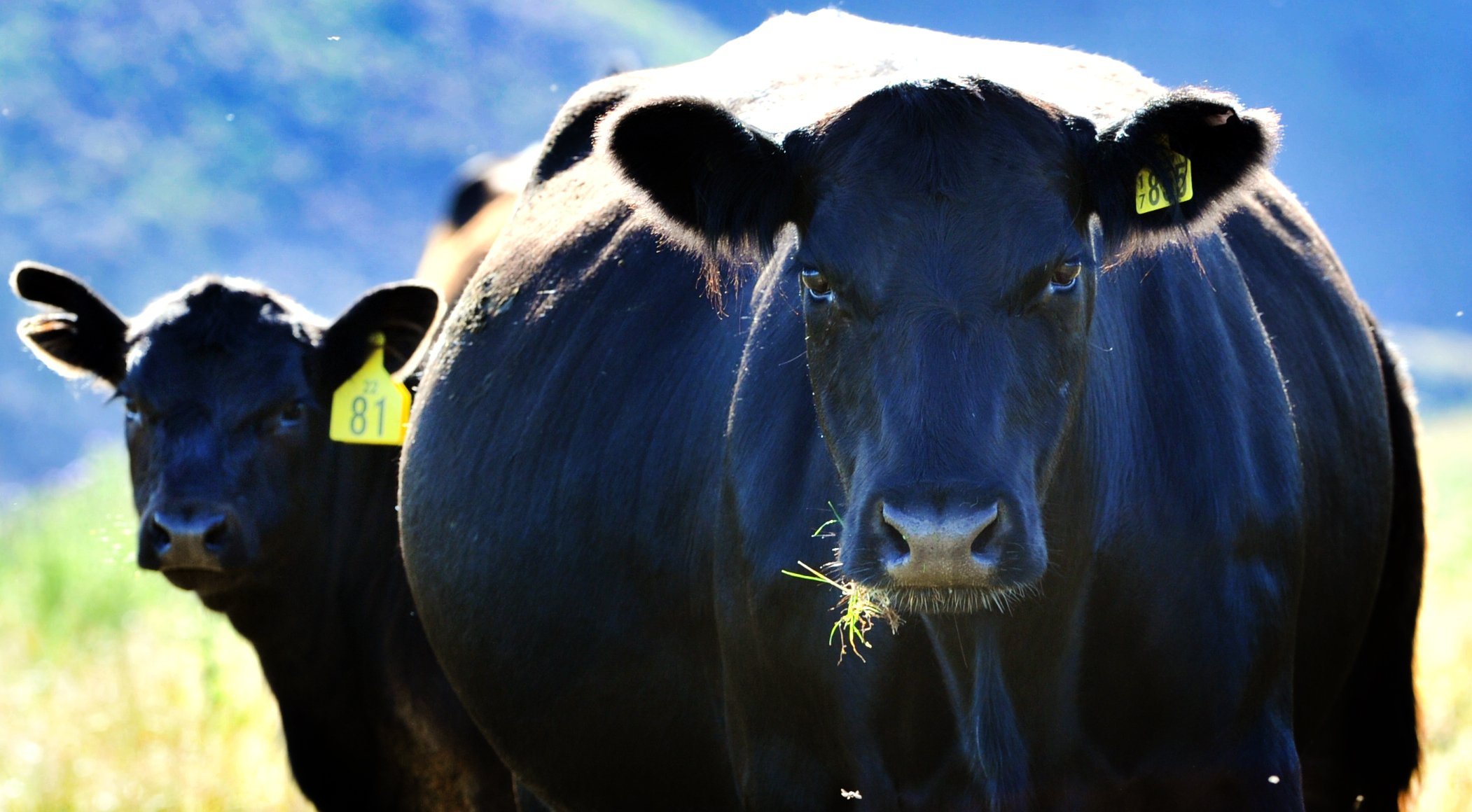

Key issues around funding, decision-making and roles of various stakeholders in effective managed retreat processes feature in our National Adaptation Plan. Ideal outcomes would be a fundamental shift in location and activities that result in reduced risk and exposure to hazards.
We know that our approach to agriculture has significant negative environmental impacts. It is a significant contributor to climate change, biodiversity loss and freshwater pollution, among other things. We have been willing to accept these negative externalities in exchange for farming systems that prioritise productivity over the environment to sell our agricultural products to the world.
We produce far more than we consume — roughly 95% of our dairy, 87% of our beef and 94% of our sheep meat is exported. We are told that these export earnings are critical for our economy, and it is often wrapped in a moral justification that we are contributing to feeding the world.
Would the world notice if our export levels dropped? I’m not so sure. New Zealand contributes roughly 3%, 1% and 6% of global dairy, beef and sheep meat production respectively. Certainly a large amount from a relatively small country, but not hugely significant. Globally, we already produce an over-abundance of food. When accounting for overconsumption and food waste, we produce roughly twice as much food as is required for all 8 billion of us. While too many people are going hungry, it is not because food is scarce, it is because people do not have the means to access it.
Is this trade-off between high-levels of production and declining environmental quality worth it? The agriculture sector itself recognises the problem and is taking steps to mitigate some of the negative impacts. Acceptance by the sector that agricultural emissions need to decline, and that freshwater extraction and quality needs to be addressed is welcome, but far too often, the question of production levels is off the table in terms of doing agriculture differently. Instead, the emphasis, when discussing the likes of the Emissions Trading Scheme and agricultural emissions, relies heavily on hopeful or un-tested technologies that promise to reduce impacts while maintaining, or even increasing, production.
We know that the simplest way to reduce impacts is to reduce production levels, yet that conversation is really challenging to have. A process of managed retreat in agriculture could help. We could engage in a long-term process of working with agricultural stakeholders to support them in transforming our agricultural and food system away from a focus primarily on high levels of production for export. With resources, capacity building and infrastructure investments, we could transition towards an agriculture and food system that is much more aligned with the environment.
We could prioritise farm livelihoods based on principles of sustainable agriculture rather than productivity, so that farmers are not locked in to over production that stretches beyond the limits of the environment. A managed retreat from hyper productivity would result in a fundamental shift in agricultural practices, activities and locations and provide more space for nature, more space to capture carbon and agriculture that is more attuned to natural water and nutrient cycles.
However, existing agricultural policy in Aotearoa New Zealand is limited. It is almost exclusively focused on continually ramping up production and securing new export markets, independent of the wider social and environmental context in which agriculture operates. The concept of managed retreat from hyper-productive agriculture could provoke conversations about our expectations from the agricultural sector. It could lead to joined-up policy that considers the inter-related social, environmental and economic values that derive from our practices and could lead to a national food and agriculture policy that puts people and the environment at the centre.
Sean Connelly is a senior lecturer at the University of Otago School of Geography.











